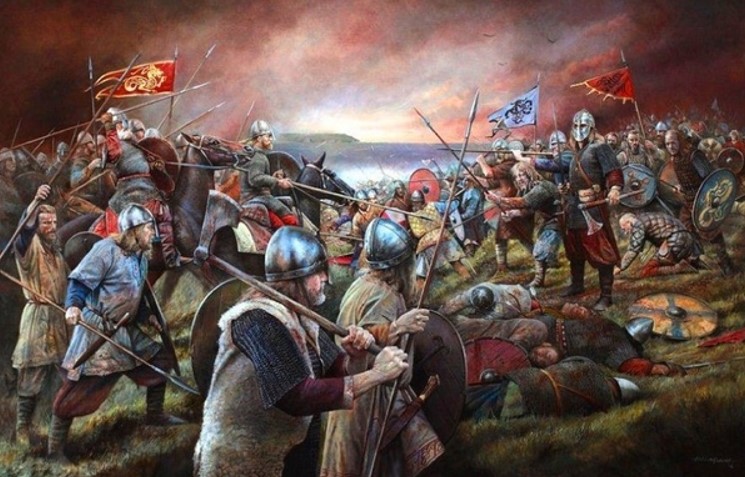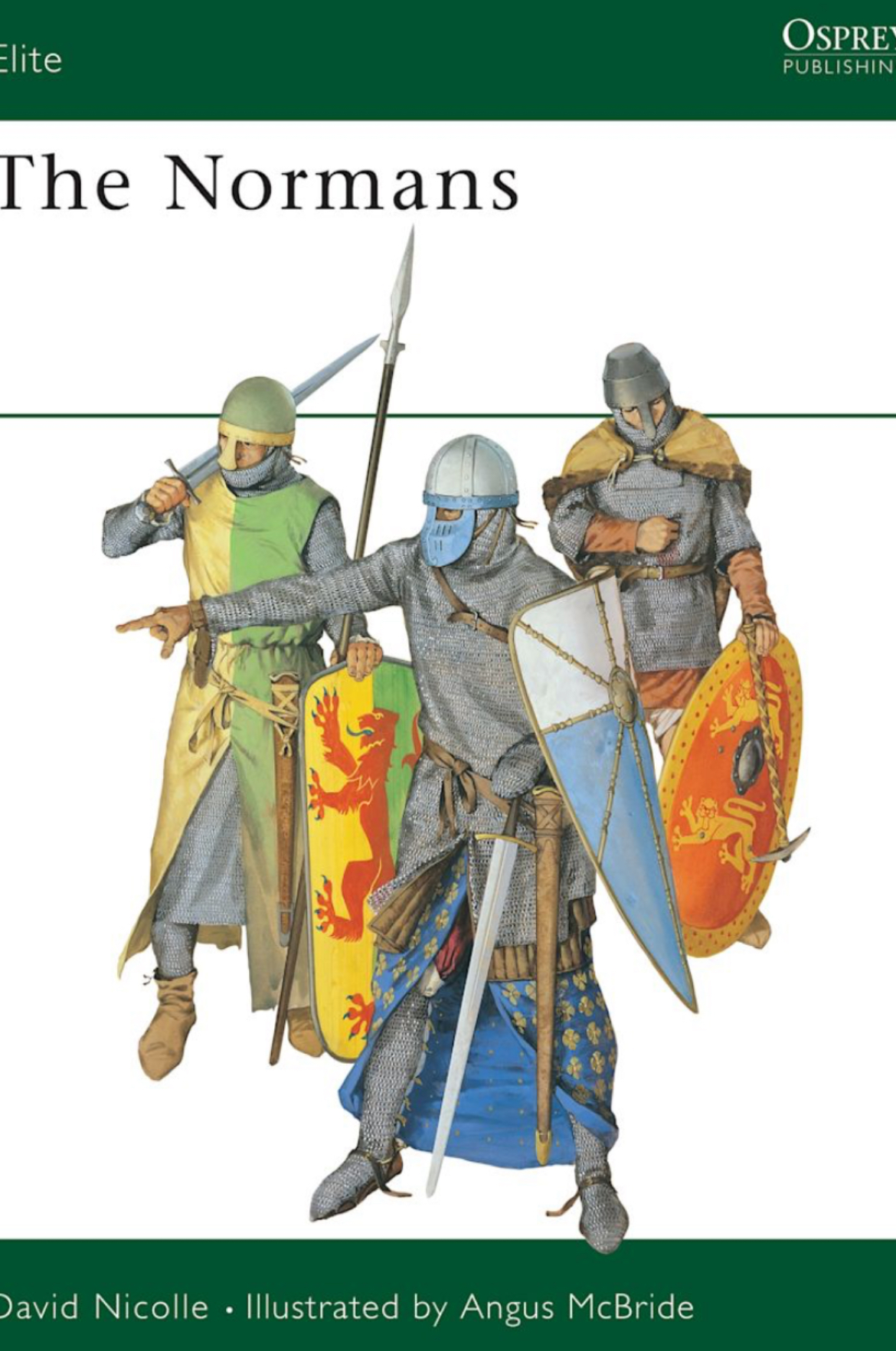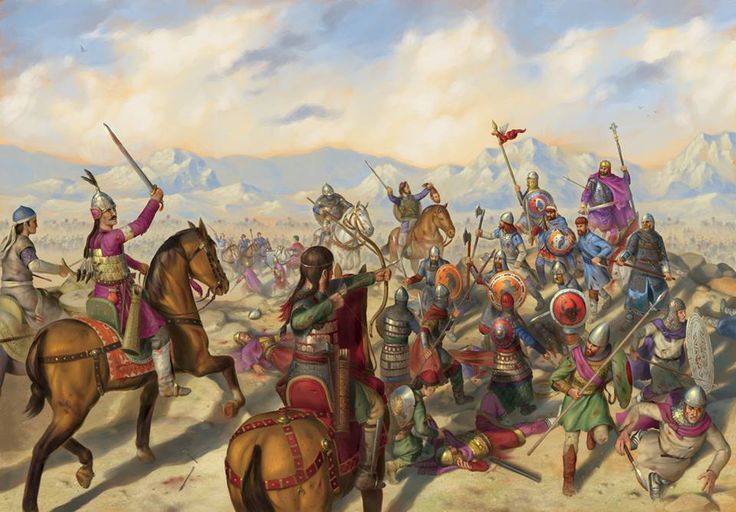registerfasterusing
These lil nigga funny
- Joined
- Oct 12, 2024
- Posts
- 7,101
- Reputation
- 7,705
Cool af, even late 15th century can be included there
Follow along with the video below to see how to install our site as a web app on your home screen.

Note: this_feature_currently_requires_accessing_site_using_safari
bru every war is scarybut scary
imagine getting half ur body blown off by a fucking bowling ball and then getting chopped up
quicker death than getting chopped up brobru every war is scaryThough in 21 century u just sit in a trench and wait until drone blow u up with a bomb. In my opinion ww1 was interesting
Yeah ww1 is cool toobru every war is scaryThough in 21 century u just sit in a trench and wait until drone blow u up with a bomb. In my opinion ww1 was interesting
Bru have u seen that movie where the pikes are against each other and then the guys sneak under and fight with swords? Its so coolbut scary
imagine getting half ur body blown off by a fucking bowling ball and then getting chopped up
Ngl back than there was no chance to stay alive. Now u can be blown up and stay alive but without legs and arms , i would choose deathquicker death than getting chopped up bro
roman warfare was peakCool af, even late 15th century can be included there
but back then u couldnt be taken out by a mini drone which u hear 1s before u dieNgl back than there was no chance to stay alive. Now u can be blown up and stay alive but without legs and arms , i would choose death
FactsNgl back than there was no chance to stay alive. Now u can be blown up and stay alive but without legs and arms , i would choose death
Ancient Greece, egypt, Persia, or mesopotamia mogs in terms of civilization imo. Or even aztecs/incasroman warfare was peak
rome in general
imagine living in rome bein rich good weather living in a fucking temple u have slaves that do everything for you
goated
ancient greece would be fire too egypt would be too hot for meAncient Greece, egypt, Persia, or mesopotamia mogs in terms of civilization imo. Or even aztecs/incas
That is not the whole truth. Getting blown up is faster but also the risk of surving with debilitating injuries today is way higher, many injuries that would have killed you back then you can now survive and live like a cripple.quicker death than getting chopped up bro

War is scaryThat is not the whole truth. Getting blown up is faster but also the risk of surving with debilitating injuries today is way higher, many injuries that would have killed you back then you can now survive and live like a cripple.
Imagine pushing with a sword against a guy with a bow must been scary for bothCool af, even late 15th century can be included there
What is often overlooked is the length of campaigns then vs now. In pre industrial era the supply chains did not allow battles to go on for months or even years like kn Staingrad. Also fighting was seasonal and no one waged war kn winter, for the most part. Today war is year round with exelent supply of munitions and food to keep you fighting lonegr then ever. Also the effects of blast is something most soldiers of the past would not suffer. That causes a lot of TBI today, just operating a 155mm howitzer can give you nerve and brain damage.That is not the whole truth. Getting blown up is faster but also the risk of surving with debilitating injuries today is way higher, many injuries that would have killed you back then you can now survive and live like a cripple.
Yeah. Like those wars in anatolia where one side only had cavalry and the other had cannons and guns and shit. InsaneImagine pushing with a sword against a guy with a bow must been scary for both
Yeah there was probably less waiting around then compared to today no?What is often overlooked is the length of campaigns then vs now. In pre industrial era the supply chains did not allow battles to go on for months or even years like kn Staingrad. Also fighting was seasonal and no one waged war kn winter, for the most part. Today war is year round with exelent supply of munitions and food to keep you fighting lonegr then ever. Also the effects of blast is something most soldiers of the past would not suffer. That causes a lot of TBI today, just operating a 155mm howitzer can give you nerve and brain damage.
I think you are right. It was common that war campaigns begin in spring and end in late fall. Everyone goes home and chills then.Yeah there was probably less waiting around then compared to today no?
I think it was only during/after WW1 that the ‘front’ emerged as opposed to campaigning against enemy strongholds
Armor like that wasnt rly used anymore in this period, apart from some elite units afaik
I would also propose that war back then was LESS scary and brutal than now. Back then you could only be killed if facing the enemy pretty much. He needed to get close enough and you knew where he was and had a chance to fight back. What do you think constant drone anxiety does to a mfer in Ukriane? Soldiers of old if not under direct attack knew they were safe, today you are never safe. High alt bombers, guided missiles, drones, artilery, white phosphorus to burn you alive, chemical agent threat, even bio weapon threat, nuclear threat. All things you are powerless to fight, flee or even surrender to.Yeah there was probably less waiting around then compared to today no?
I think it was only during/after WW1 that the ‘front’ emerged as opposed to campaigning against enemy strongholds
Yeah, the agency of the soldier I think was actually greater in their minds back then compared to now. Although today soldiers may move in smaller units and command is more decentralized, as opposed to large uniform units, that phenomenon of being able to see the enemy and ur aware of what they are doing immensely reduces the anxiety of what is to come. I think being with a larger group can even reduce this anxiety furtherI would also propose that war back then was LESS scary and brutal than now. Back then you could only be killed if facing the enemy pretty much. He needed to get close enough and you knew where he was and had a chance to fight back. What do you think constant drone anxiety does to a mfer in Ukriane? Soldiers of old if not under direct attack knew they were safe, today you are never safe. High alt bombers, guided missiles, drones, artilery, white phosphorus to burn you alive, chemical agent threat, even bio weapon threat, nuclear threat. All things you are powerless to fight, flee or even surrender to.
Spot onYeah, the agency of the soldier I think was actually greater in their minds back then compared to now. Although today soldiers may move in smaller units and command is more decentralized, as opposed to large uniform units, that phenomenon of being able to see the enemy and ur aware of what they are doing immensely reduces the anxiety of what is to come. I think being with a larger group can even reduce this anxiety further
Historically, war was js more ritualistic I think, it wasn’t so mechanized, calculated, efficient, etc. and required more spontaneity and tactics imo. Not to mention the whole concept of honor, bravery, etc
And one thing id add to is the perspective upon death: now u dont rly confront death the same way u used to in warfare. I remember seeing a documentary abt a German soldier who fought at verdun talk abt how killing someone with artillery is entirely different than with a bayonet, psychologically. Now, ppl dont want to confront that aspect of warfare because our perception toward death, I think since the enlightenment (which is also when warfare began to transition into what it is today), has shifted. Now death is something that is so greatly feared and many attempts are made to prevent it at all costs, even if it means being crippled like u mentioned. Whereas historically dying could even be considered honorable, sacrificing ur life for a cause or people. So killing someone, face to face, wasnt such a traumatizing experience or one that was meant to be avoided. Rather, it was an inherent and crucial part of fighting. the shift in warfare I think also represents an overall social transformation of our society. And, if anything, that experience of having to confront death itself for what it is, I believe greatly reduces the anxiety and dread we now associate with it.Spot on
The same thing that allowed us to "exile" death from our every day life has allowed us to take to the extreme that very old desire to kill from a distance - post industrial revolution technology. By exile death I mean not have to deal with death face to face like before, our old die alone in hopitals, thier last twitches and gasps are not seen by us (and the animal does thitch and gasp loudly at death I have seen this on my dog that died from a tick borne illness). And even if we see their death they are sedated, we don't witness the raw act of dieing in its full horror. Also our kids almost all survive now, it used to be normal to bury a couple of kids, as much as 40-50 % of them did not make it to puberty.And one thing id add to is the perspective upon death: now u dont rly confront death the same way u used to in warfare. I remember seeing a documentary abt a German soldier who fought at verdun talk abt how killing someone with artillery is entirely different than with a bayonet, psychologically. Now, ppl dont want to confront that aspect of warfare because our perception toward death, I think since the enlightenment (which is also when warfare began to transition into what it is today), has shifted. Now death is something that is so greatly feared and many attempts are made to prevent it at all costs, even if it means being crippled like u mentioned. Whereas historically dying could even be considered honorable, sacrificing ur life for a cause or people. So killing someone, face to face, wasnt such a traumatizing experience or one that was meant to be avoided. Rather, it was an inherent and crucial part of fighting. the shift in warfare I think also represents an overall social transformation of our society. And, if anything, that experience of having to confront death itself for what it is, I believe greatly reduces the anxiety and dread we now associate with it.
I fully agreeThe same thing that allowed us to "exile" death from our every day life has allowed us to take to the extreme that very old desire to kill from a distance - post industrial revolution technology. By exile death I mean not have to deal with death face to face like before, our old die alone in hopitals, thier last twitches and gasps are not seen by us (and the animal does thitch and gasp loudly at death I have seen this on my dog that died from a tick borne illness). And even if we see their death they are sedated, we don't witness the raw act of dieing in its full horror. Also our kids almost all survive now, it used to be normal to bury a couple of kids, as much as 40-50 % of them did not make it to puberty.
I think society, much like the individual subject as we currently define it, has a desire to be unified and whole. Death serves as a sort of limitless boundary to this, infinitely preventing its instance. And it is for this reason that we so greatly fear it in contemporary culture.The same thing that allowed us to "exile" death from our every day life has allowed us to take to the extreme that very old desire to kill from a distance - post industrial revolution technology. By exile death I mean not have to deal with death face to face like before, our old die alone in hopitals, thier last twitches and gasps are not seen by us (and the animal does thitch and gasp loudly at death I have seen this on my dog that died from a tick borne illness). And even if we see their death they are sedated, we don't witness the raw act of dieing in its full horror. Also our kids almost all survive now, it used to be normal to bury a couple of kids, as much as 40-50 % of them did not make it to puberty.
I wonder has the average western man ever seen an animal get slaughtered even? I mean in person. I doubt it. That used to be common too. Death was everywhere and religion kept hammering home the rememberance of death at every service. We are much more scared of death than our ancestors. You also have the false hope of eternal life today, guys like that Bryan Johnson vampire that wants to live forever, the hope AI will solve aging within our lifetimes, cryogenic freezing etc. No one belieives in the afterlife anymore and there is no real incentive to risk your life in a war or in the name of God.I fully agree
Death must be exiled because it is contrary to the trajectory of our society, it represents that which cannot produce or act efficiently and in accordance with a vision of progress. It has been exiled, as u said, from the structure of society as it presents no value to this social proliferation, rather it antagonizes it
I say that as an Egyptian, but these countries do NOT have the best history, countries with the ''BEST'' history are:Ancient Greece, egypt, Persia, or mesopotamia mogs in terms of civilization imo. Or even aztecs/incas
The current society seeks to absorb all that which exists in the name of uniform progress. However, I believe the precedent society was, ironically enough, more harmonious than our own. It synchronized the antagonism of life and death and accepted the duality of experience. Although we try to exile death today, it continues to haunt our existence. For, without it, meaning, value, the idea of progress itself, cannot exist. Without its opposite, what separates being from nothingness? The immortal life is no different from death, as both are permanent and without contradiction or struggle.I wonder has the average western man ever seen an animal get slaughtered even? I mean in person. I doubt it. That used to be common too. Death was everywhere and religion kept hammering home the rememberance of death at every service. We are much more scared of death than our ancestors. You also have the false hope of eternal life today, guys like that Bryan Johnson vampire that wants to live forever, the hope AI will solve aging within our lifetimes, cryogenic freezing etc. No one belieives in the afterlife anymore and there is no real incentive to risk your life in a war or in the name of God.



True. Seljuks, Crusaders, Vikings were all cool af tooI prefer early-high middle ages, it was more equal on the battlefield, each side would form a shield wall and kings would often fight alongside their men. Kings like Edmund Ironside and Harald Hardrada even fought in the front lines. The war was "honorable" and they would wear epic chainmail armor and, I just love swords
View attachment 4020758View attachment 4020762View attachment 4020766